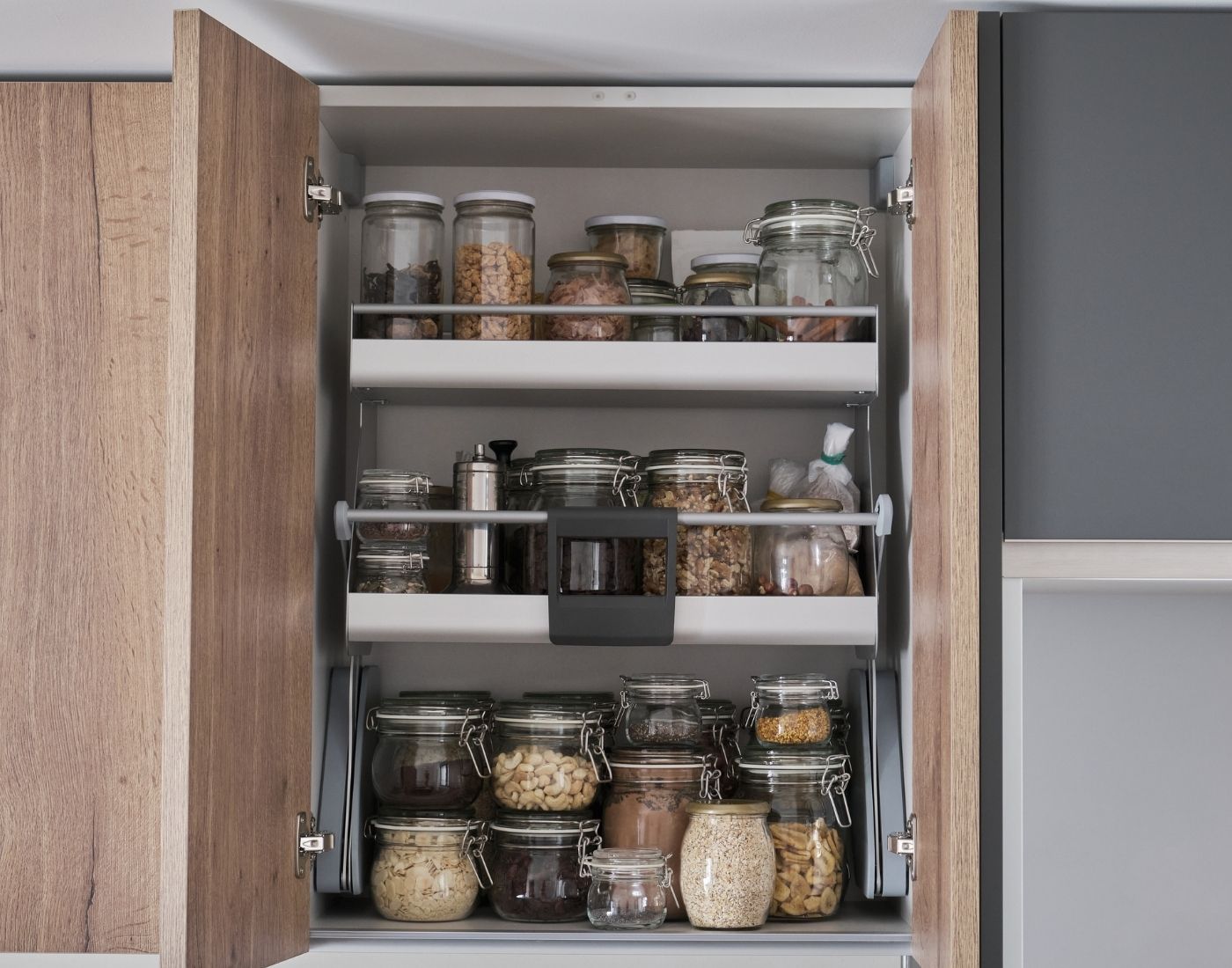Uncooked rice can contain spores of a bacterium called Bacillus cereus. This bacteria can cause food poisoning. Its spores can survive being cooked, which is why you need to take extra care when cooling and storing cooked rice.
The longer cooked rice takes to cool and is left at room temperature, the more likely it is that the bacteria will produce a toxin that will make it unsafe to eat.
Storing cooked rice
It’s safe to eat cold cooked rice if it’s cooled down quickly, stored in the fridge and eaten within 24 hours. To store cooked rice safely:
- chill it as quickly as possible, ideally within 1 hour
- take it out of the rice cooker, steamer or pan to cool it down faster
- consider dividing it into smaller portions to cool it down faster
- once at room temperature, put it straight into the fridge
- do not store it for longer than 24 hours before eating

